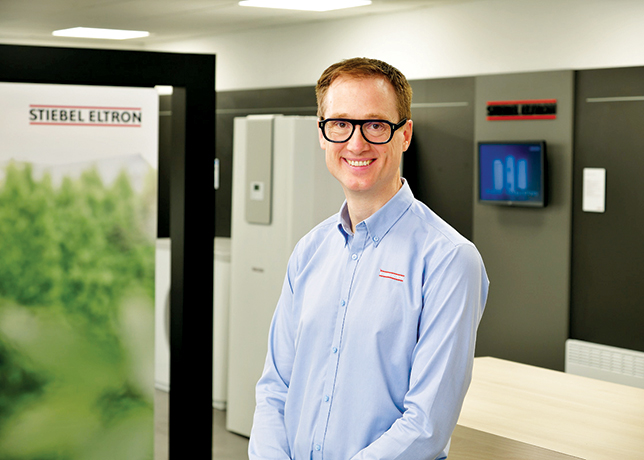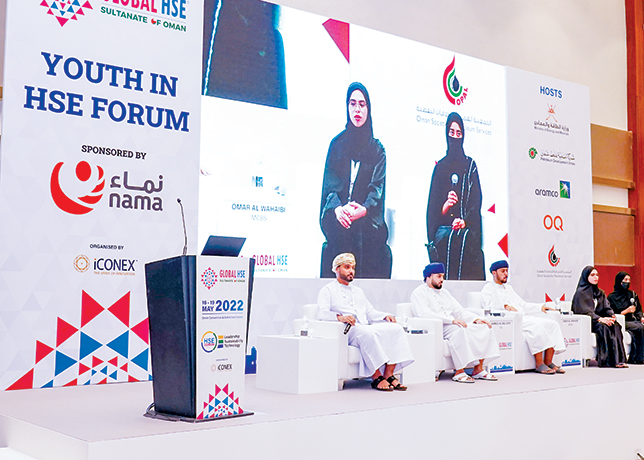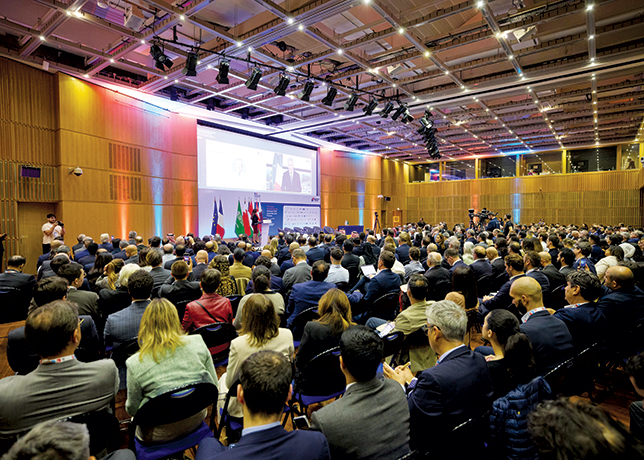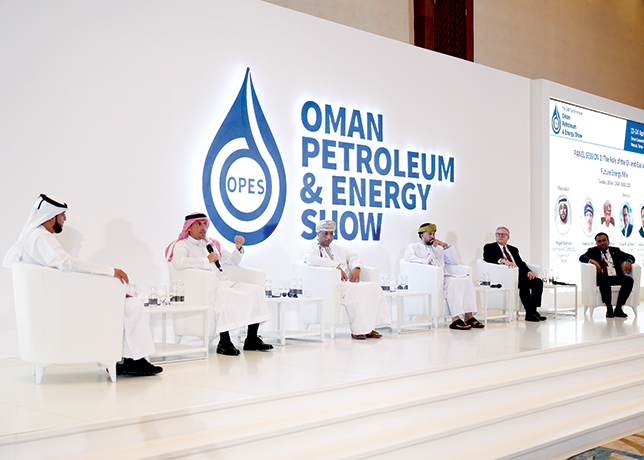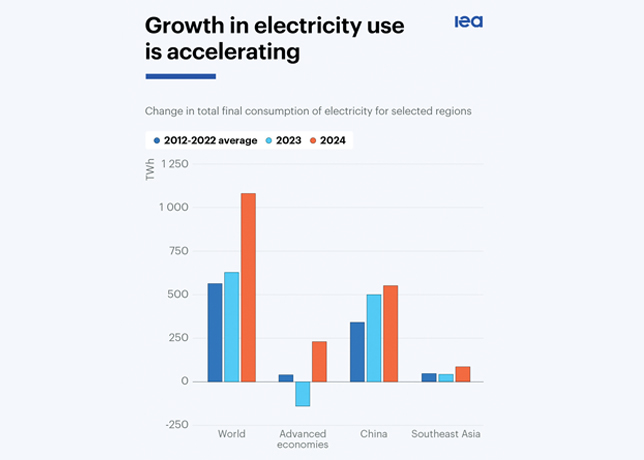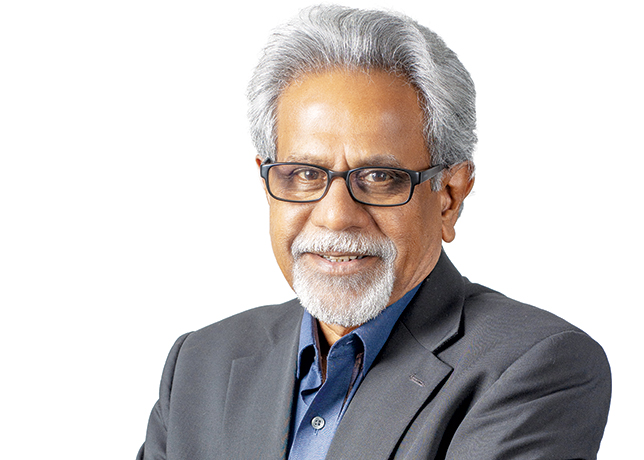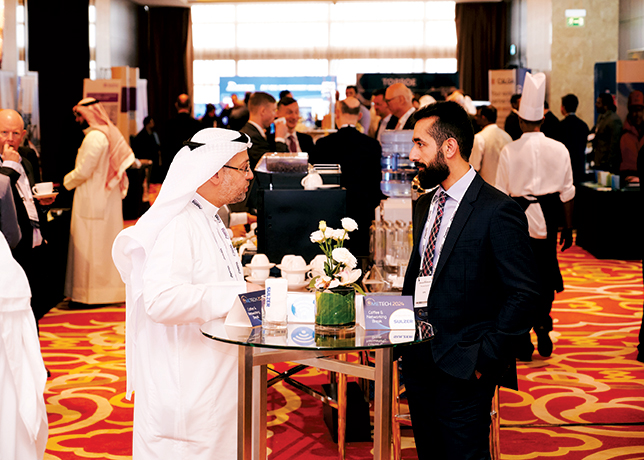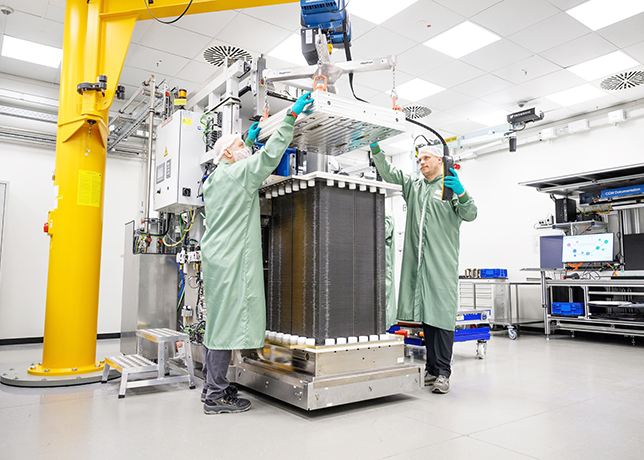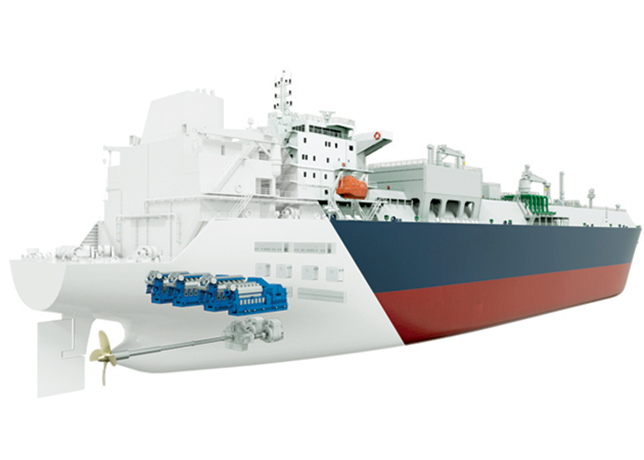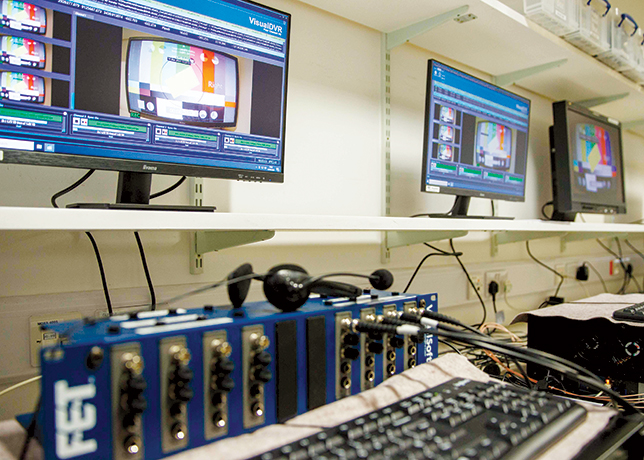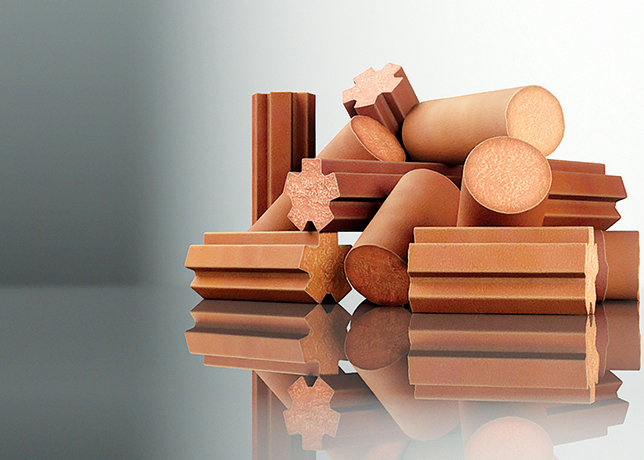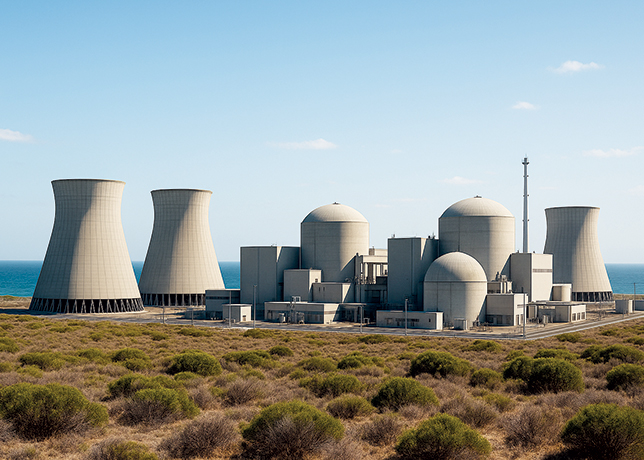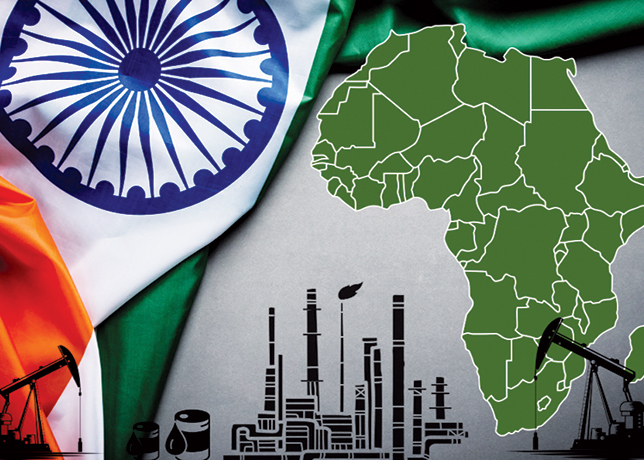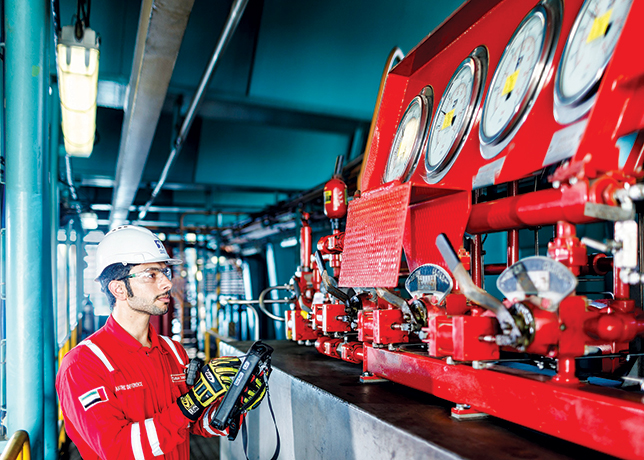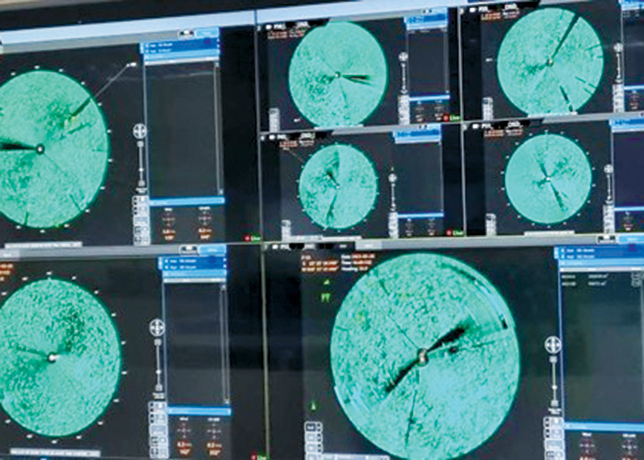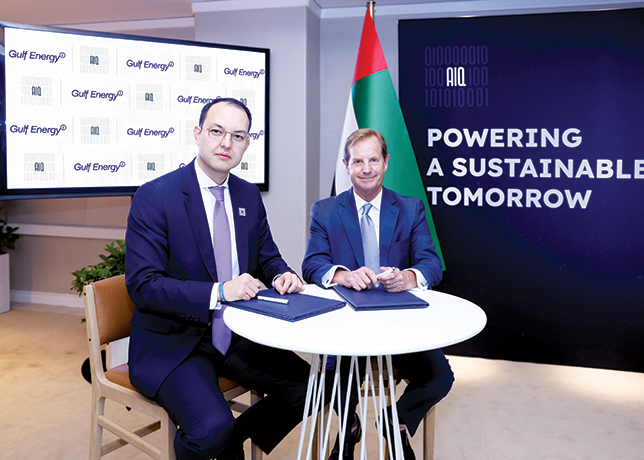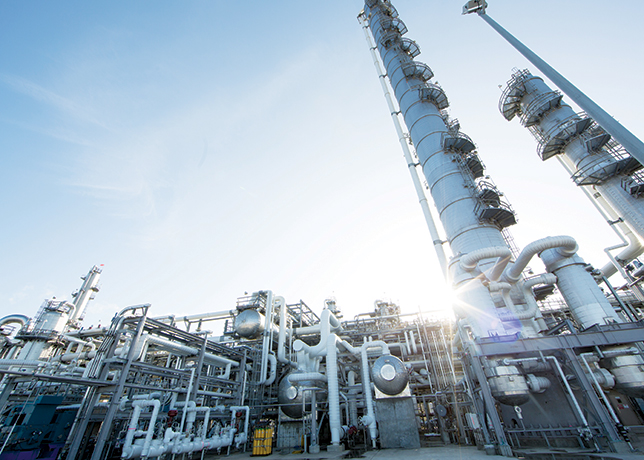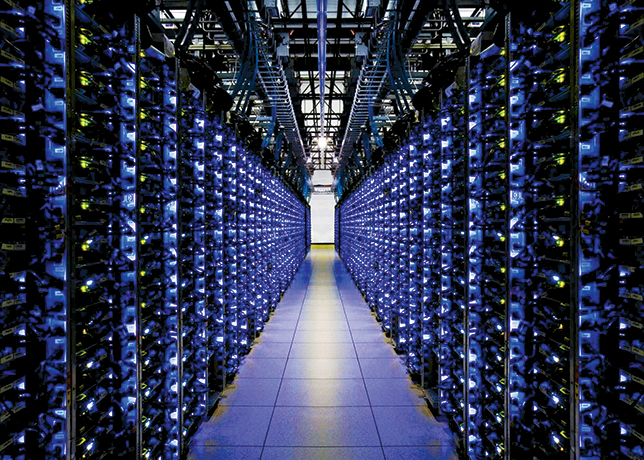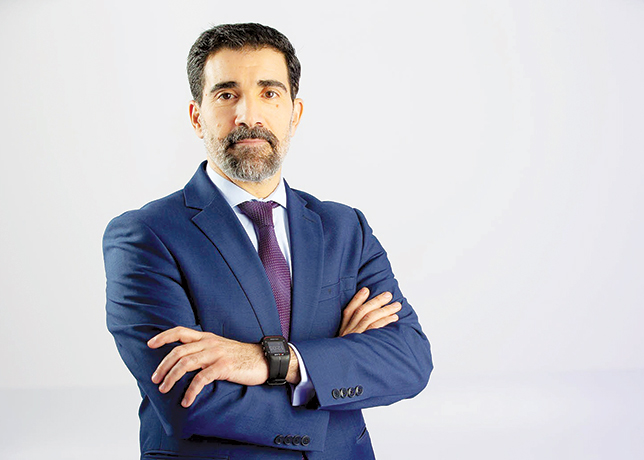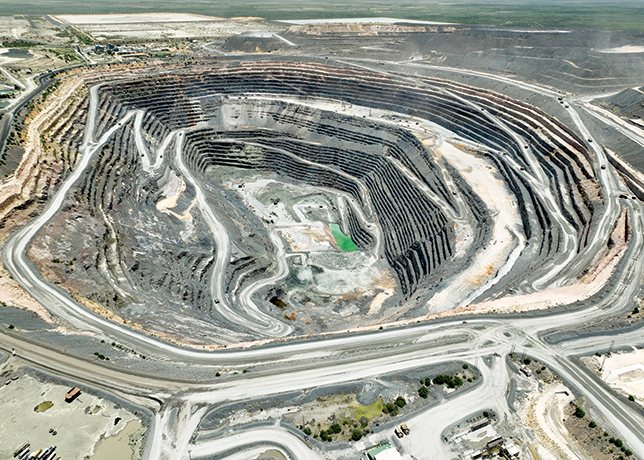
 Abu Dhabi accounts for 90 per cent of oil production
Abu Dhabi accounts for 90 per cent of oil production
Refusing to be held back by Opec curbs, the UAE looks forward to using the investment pouring in to increase its sustainable output capacity.
Current oil production in the UAE stands at around two million barrels per day (bpd), despite oil production sea-saws due to Opec curbs.
Production capacity in 1970 was limited to 800,000 bpd compared to the present two million bpd.
Obeid bin Saif Al Nasseri, UAE Minister for Petroleum and Mineral Resources believes that the oil and gas sector in the UAE has witnessed major developments regardless of the instability of global oil markets.
Gas production, for instance, has expanded through the decades to reach 39 billion cubic metres at present from nine billion cubic metres in the seventies.
The UAE government's long-term aim is to raise sustainable crude output capacity to 3.6 million bpd in 2005 and four million in 2010.
Commercial oil production began in the UAE in early 1960s at a rate of a few thousand barrels per day. In the first half of 2002, oil production averaged almost two million bpd. Of the total, Abu Dhabi accounted for about 90 percent.
Short-term goals have been set as well. Abu Dhabi, for instance, is anticipating that a total of one billion to 1.5 billion dollars will be invested over the next three to four years in likely projects.
Under this plan, Abu Dhabi alone is seeking to increase its sustainable crude output capacity by 400,000 bpd - from 2.45 million bpd to 2.85 million bpd.
At least $15 billion has been pumped into projects to upgrade the emirates' crude output capacity in the past decade and there is more where that came from.
Nasseri said that this year marked the carrying out of another massive geological and geophysical seismic scan with mutual contractual agreement - an ongoing process to establish business association and cooperation with specialised international entities for four years.
The comments were made at last month's Abu Dhabi International Petroleum Exhibition and Conference (Adipec 2002), attended by oil ministers from the GCC and Opec countries
"The project aims to explore hydrocarbons, gas, and oil to be used to meet industrial and commercial demands," he said.
"It could also be beneficial to explore underground water, wells and to identify locations to monitor earthquakes, besides training and qualifying UAE nationals."
Oil exports have pumped nearly $350 billion into the UAE's coffers since crude gushed out of its desert more than three decades ago and transformed the country, according to official figures.
Since it started exporting to Japan and the West, the UAE has produced a cumulative 19.8 billion barrels of high quality crude.
Based on an average price of around $17.6 for Opec's basket of seven crudes since 1970, total oil export revenues were estimated at nearly $349.8 billion by the end of last year.
From less than Dh35 billion ($9.5 billion) in 1971 when the UAE was created, the gross domestic product soared to nearly Dh248 billion ($67.5 billion) in 2001, to become the fourth biggest economy in the Arab world.
Oil companies from Japan, France, Britain and other countries own up to 40 percent of the energy sector in Abu Dhabi, the only Gulf oil producer to have retained foreign partners on a production-sharing basis.



